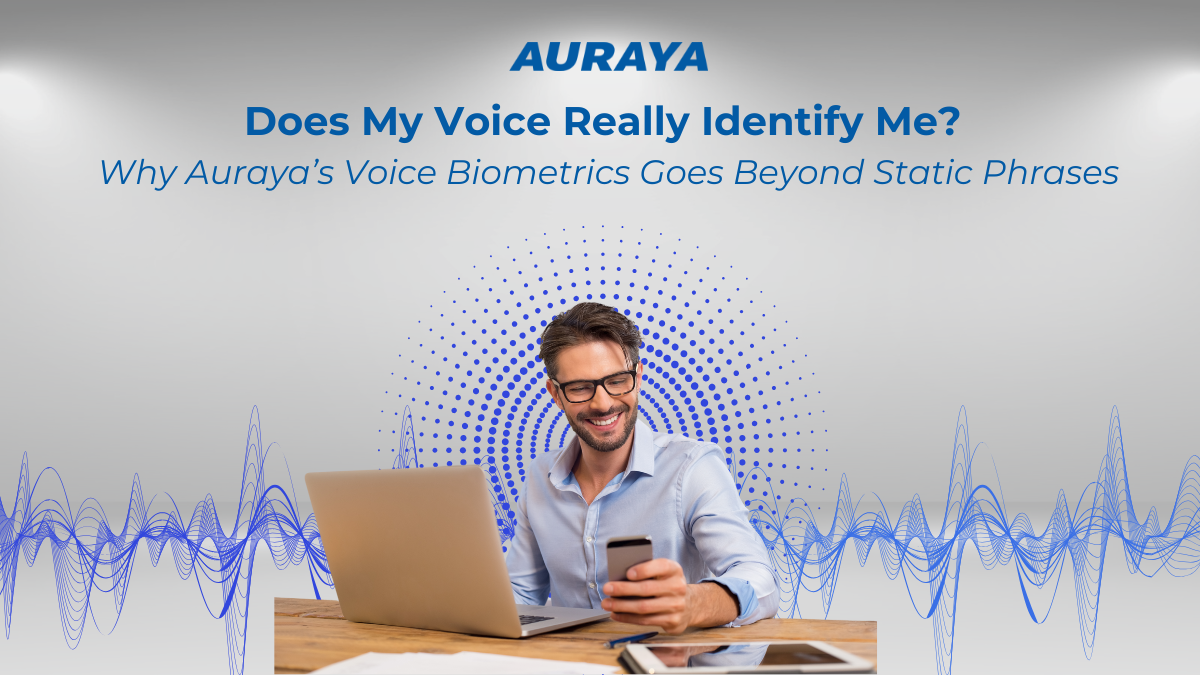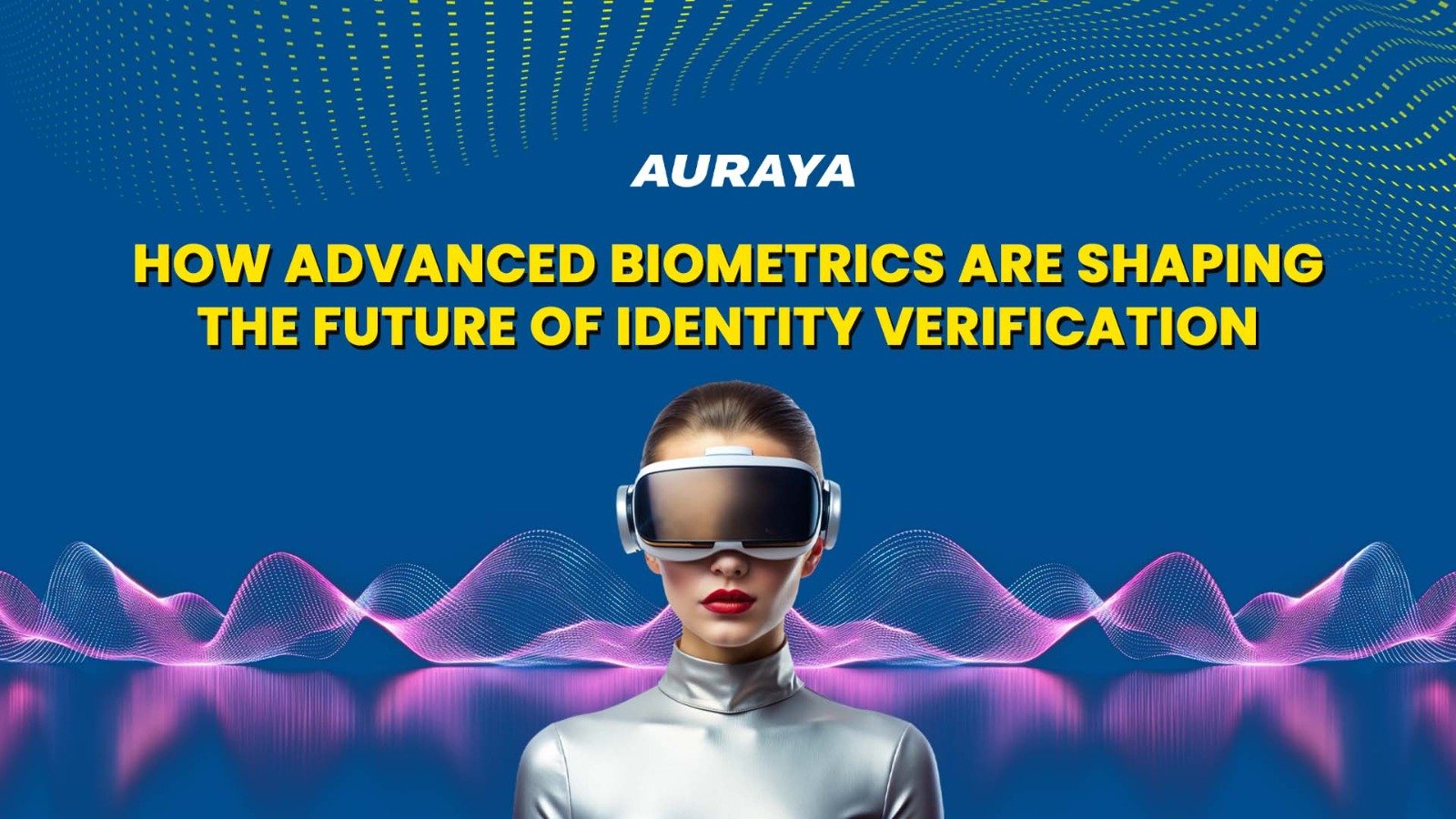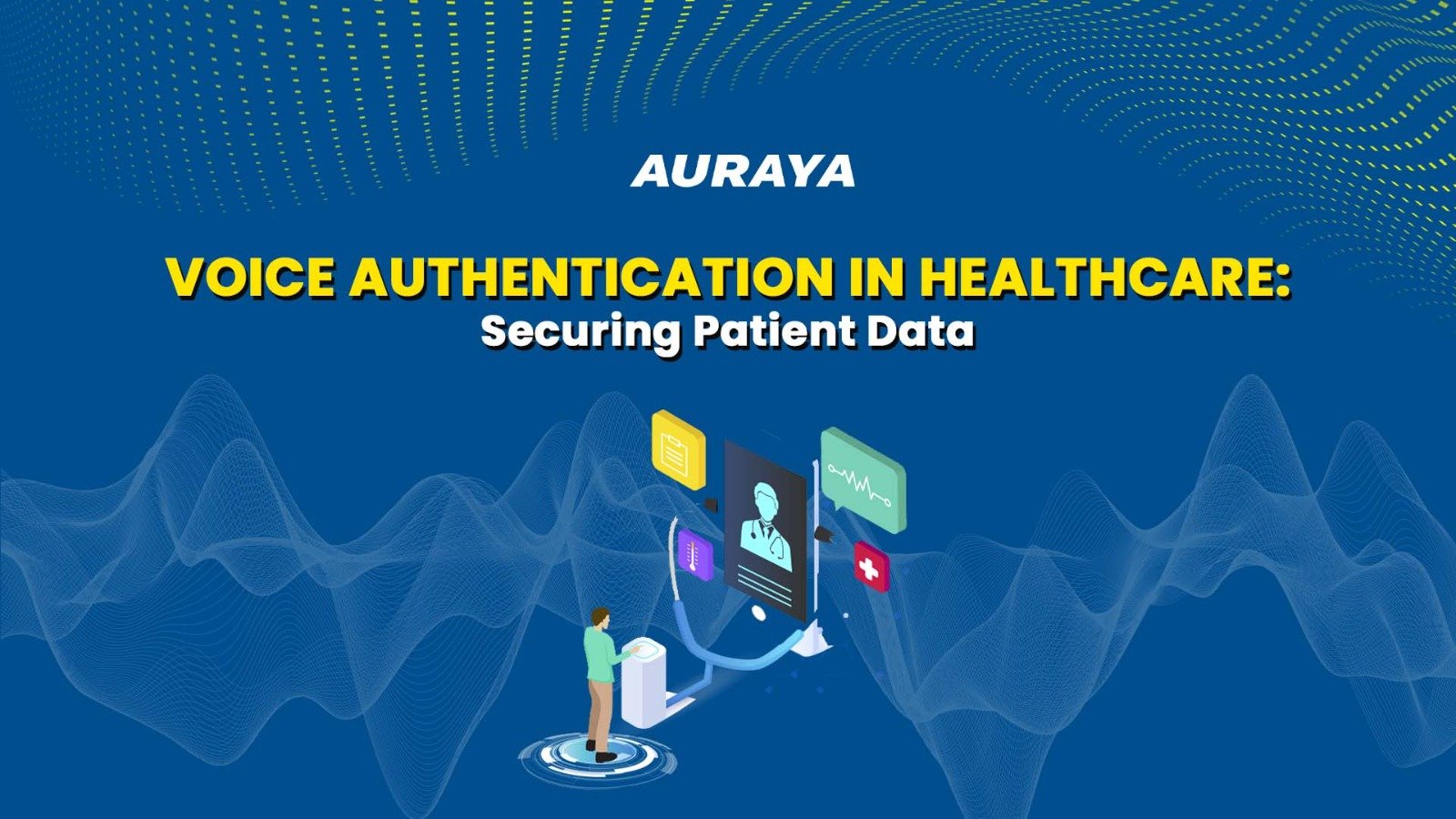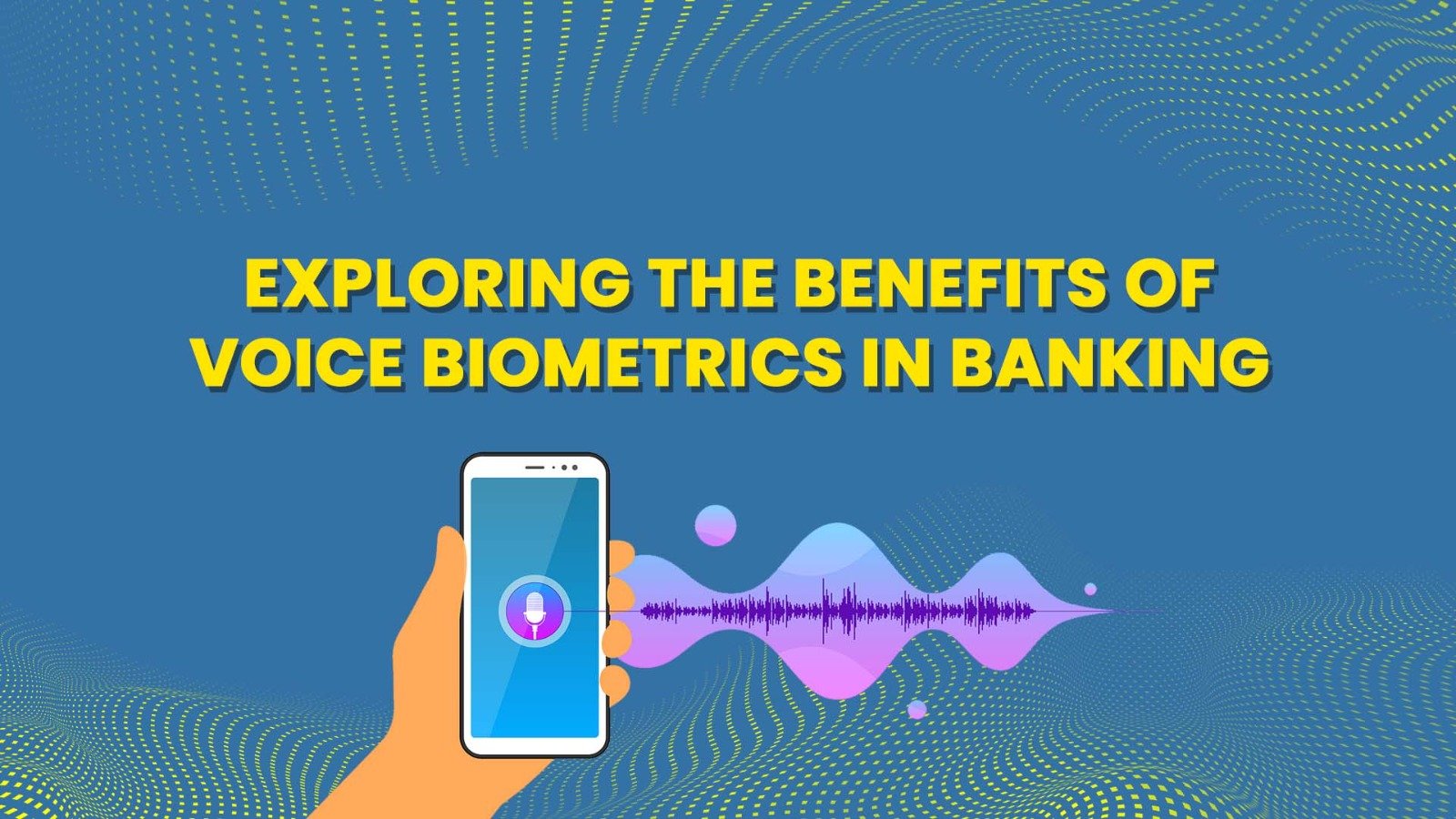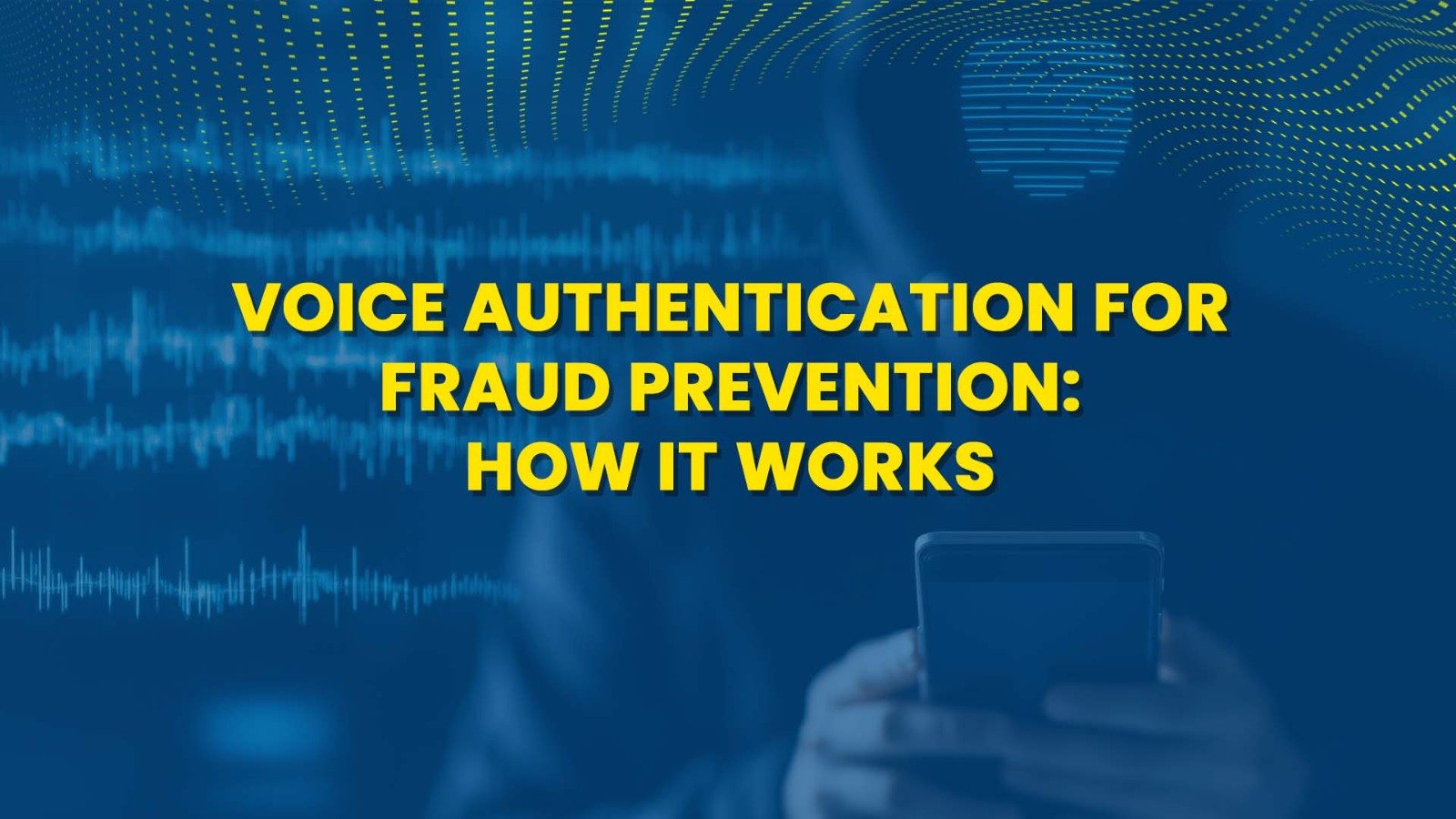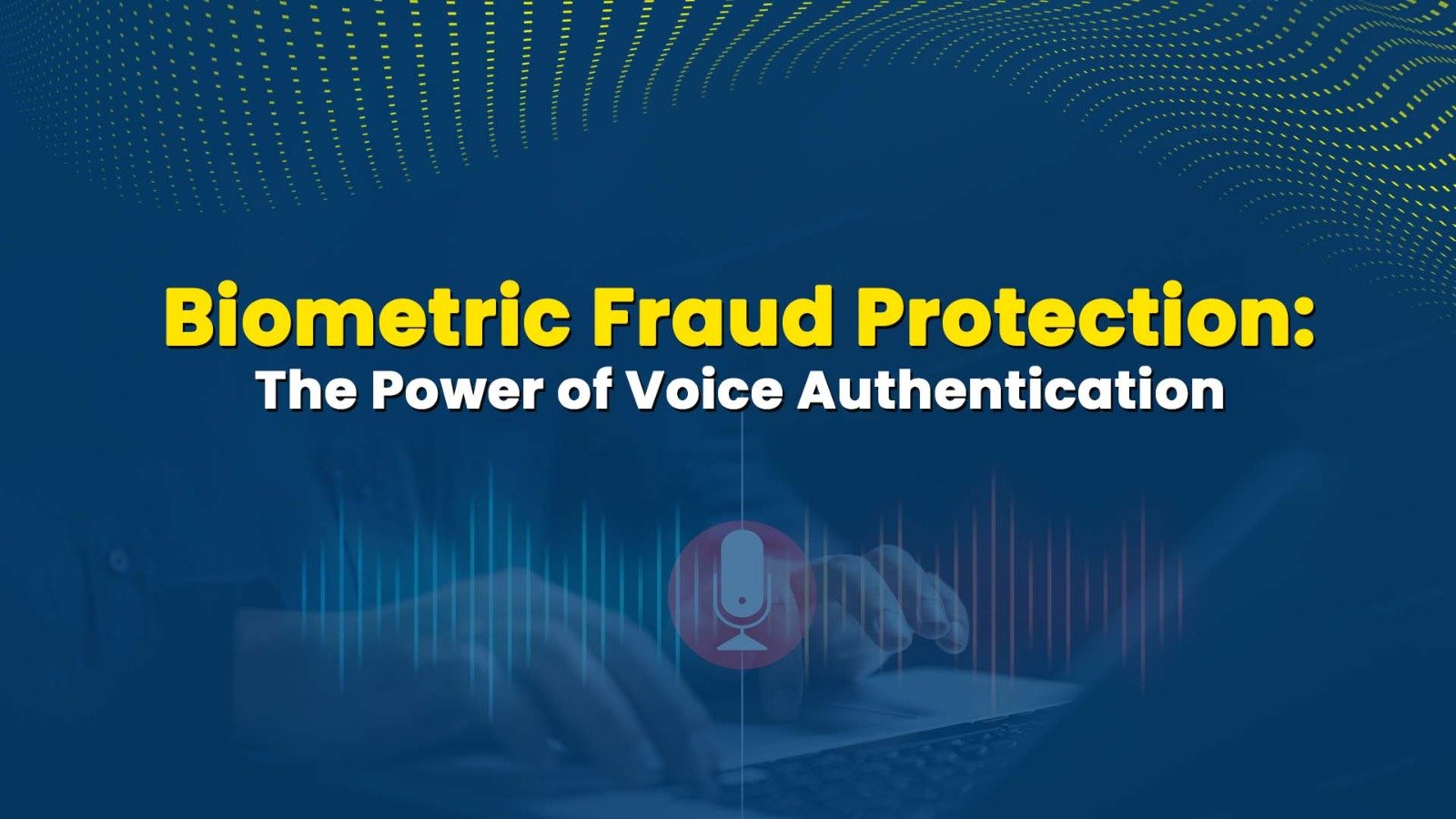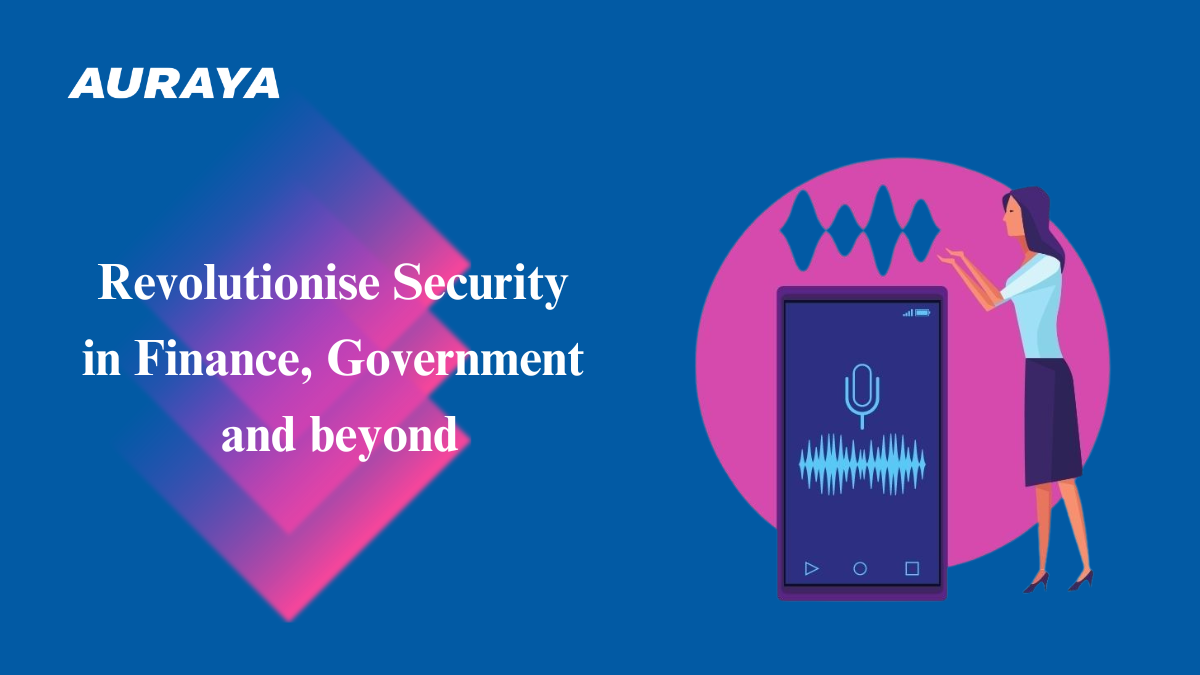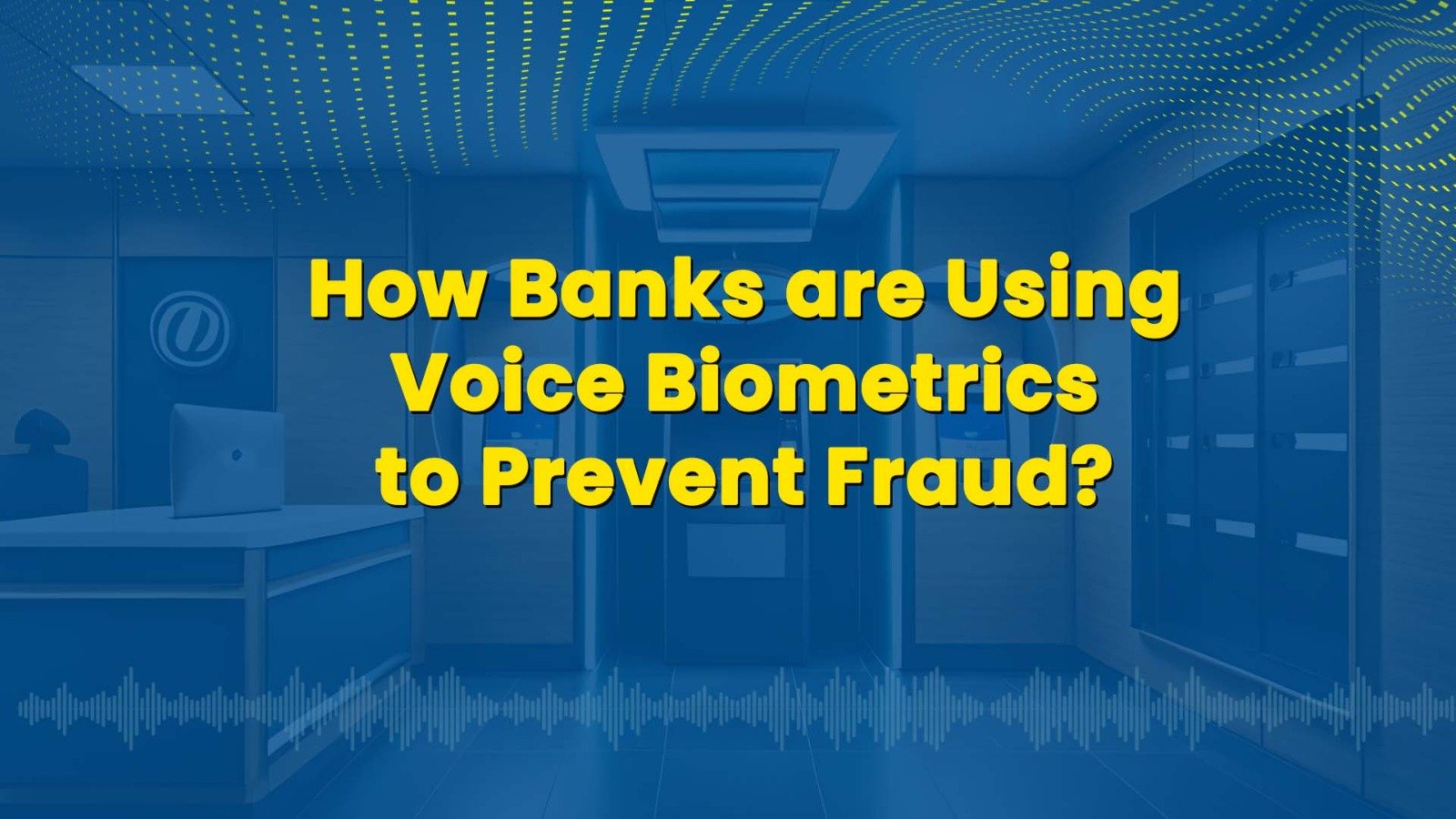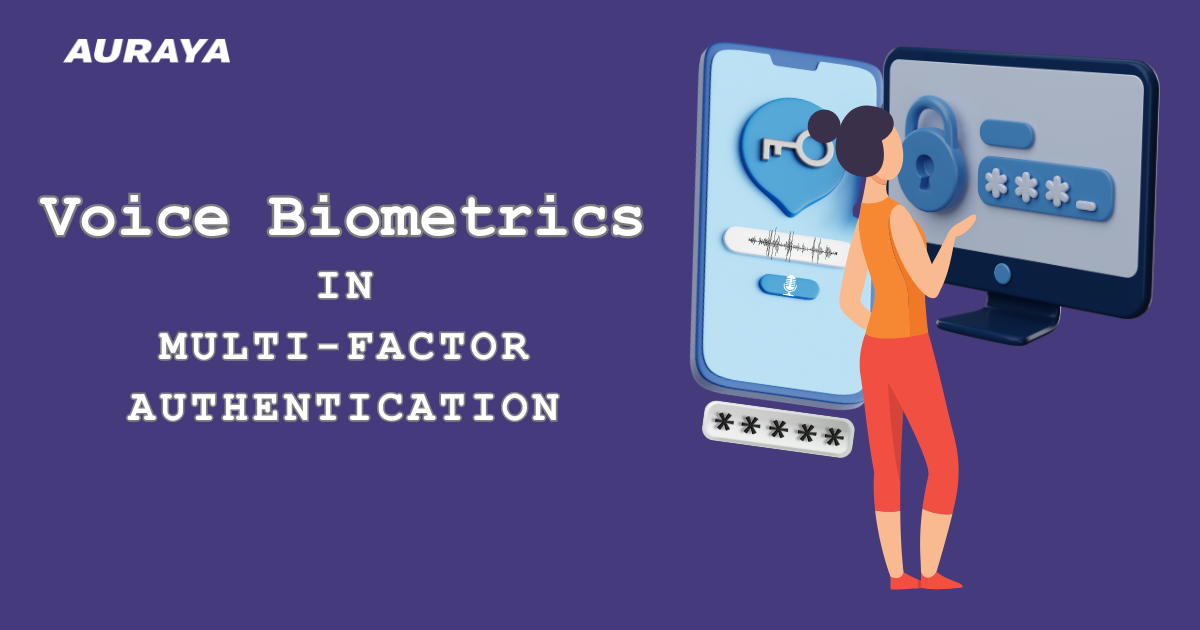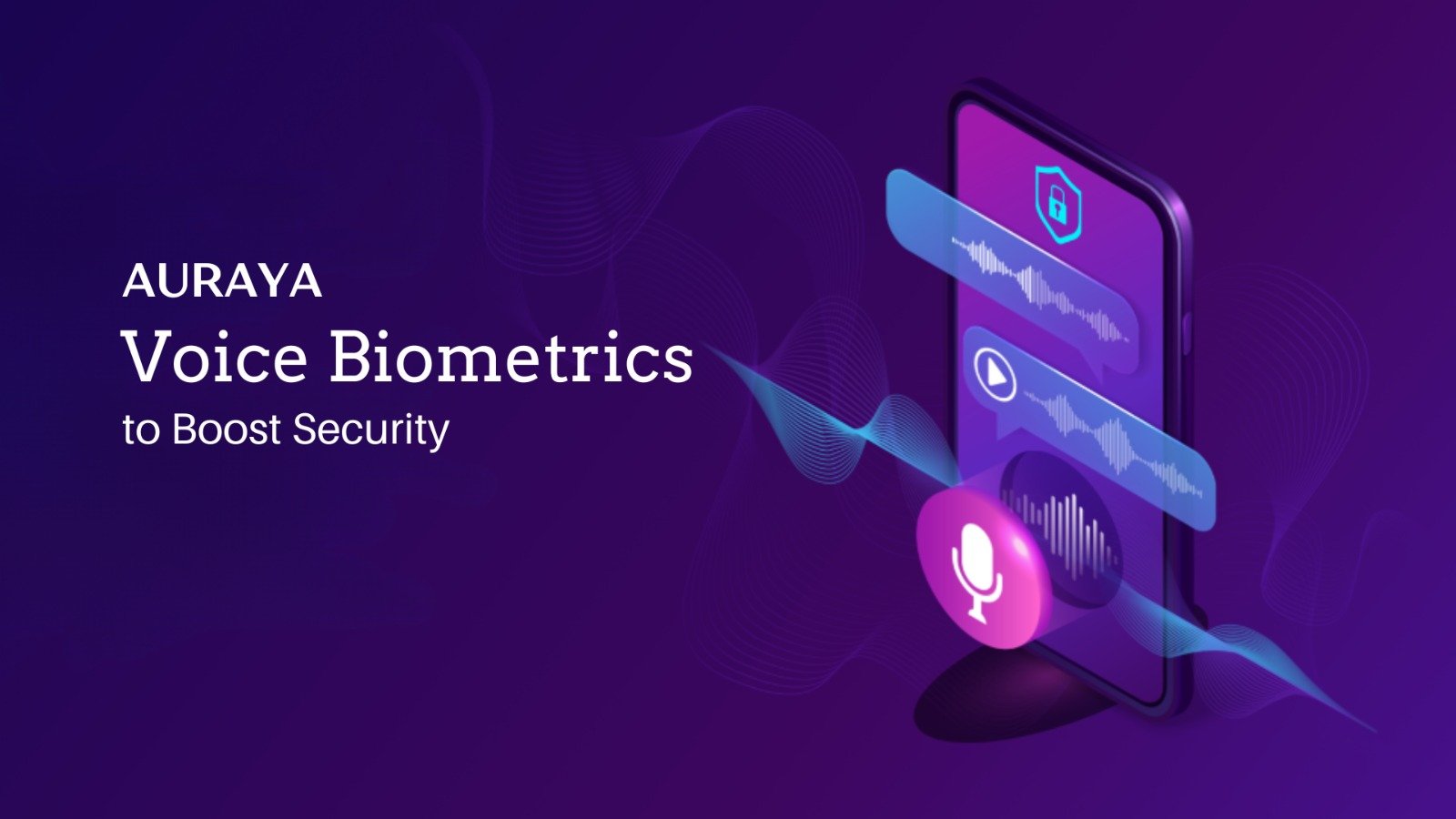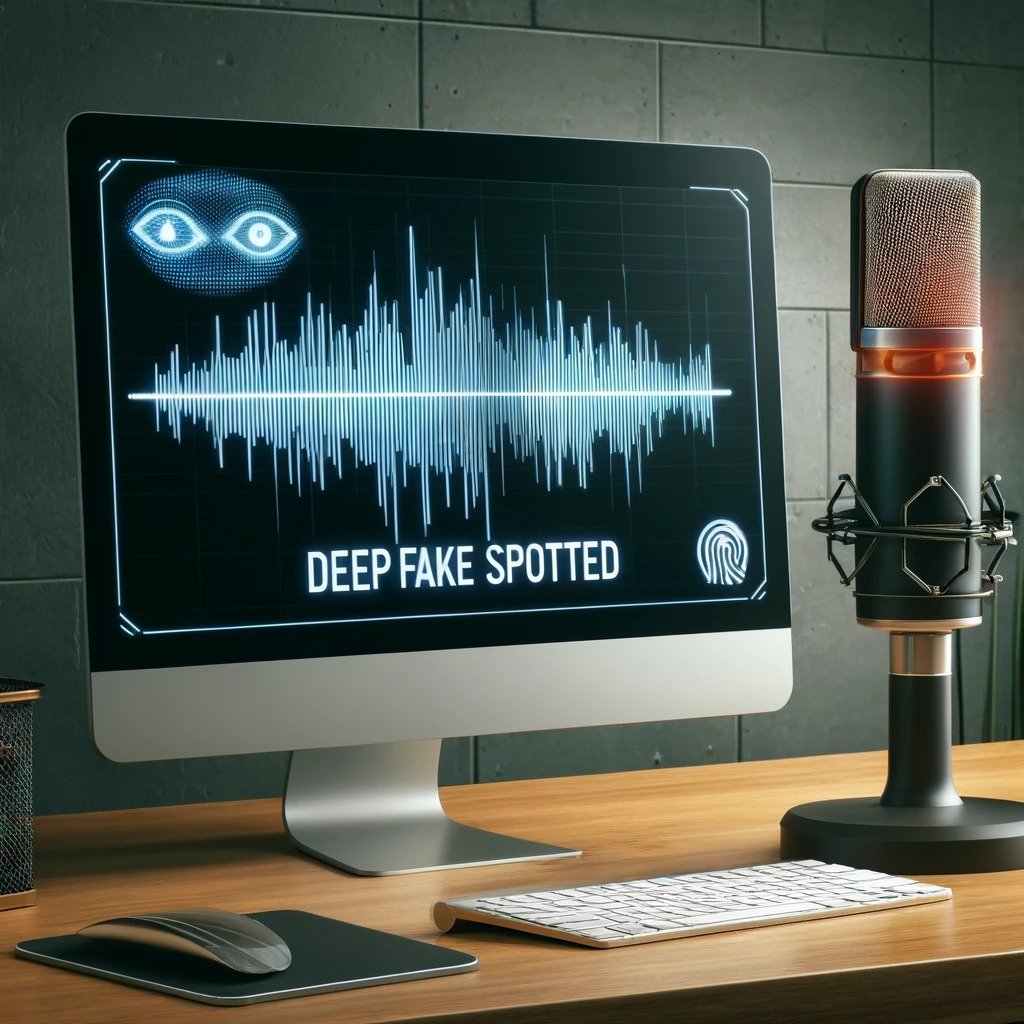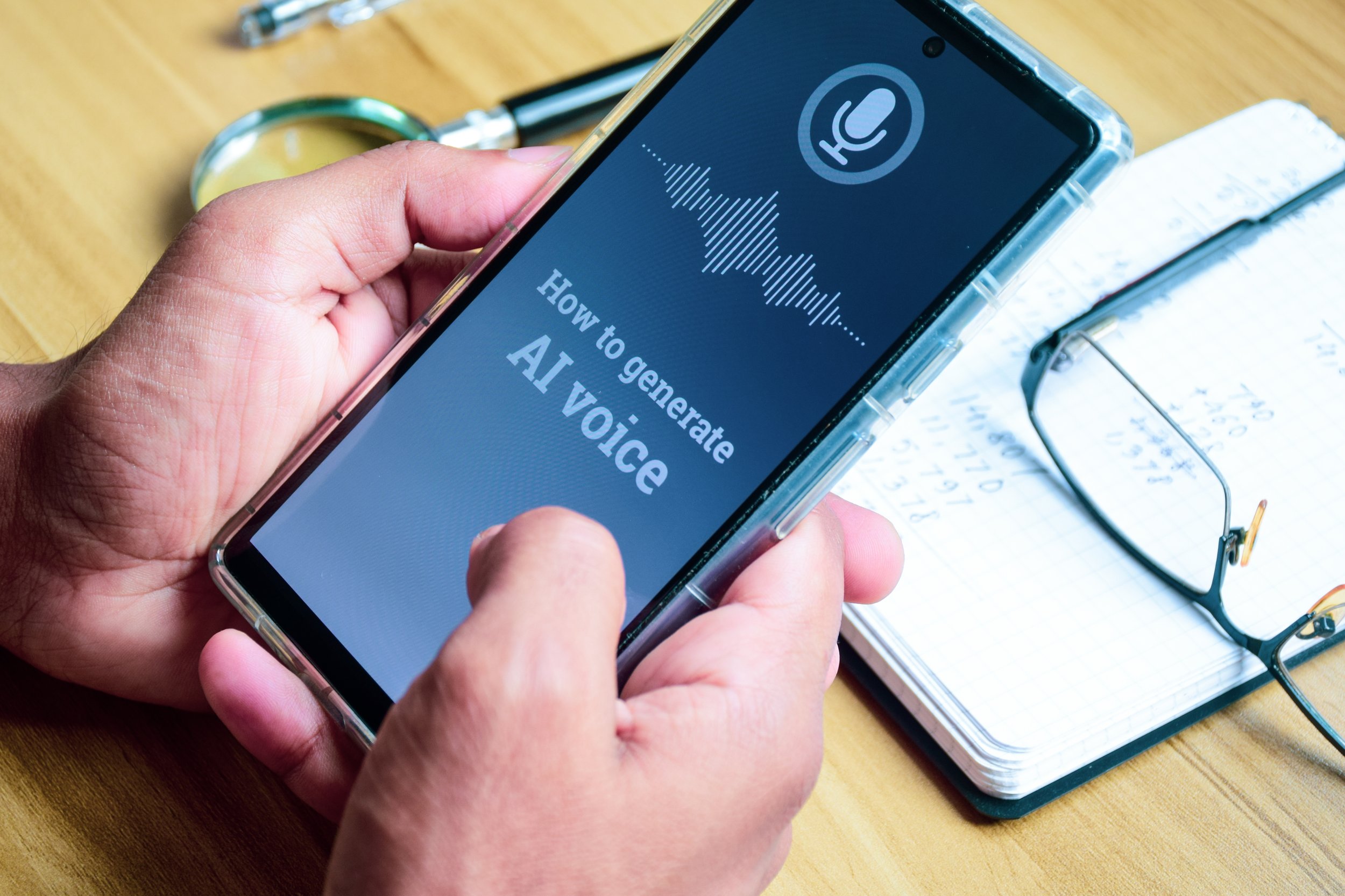Avoid Hefty Fines and Mitigate Risks of Data Breaches with Voice Biometrics
Marriott Hotels chain was recently fined for £18.4 million by the UK’s data privacy watchdog for a data breach that exposed the sensitive information of over 339 million people. The Information Commissioner’s Office (ICO) stated that names, contact details and passport details were compromised during the data breach.
The data breach magnified when Marriott Hotels acquired Starwood Hotels group back in 2014, which already had an existing but unknown bad actor inside their system. The bad actor was only flagged four years later in 2018 when the bad actor continued to access sensitive personal details of employees and guests.
With voice biometrics, organizations can mitigate the risks of data breach occurrences like this at an earlier stage. Organizations can implement voice biometric verification for both employees and customers for improved security while providing seamless user experience.
Implementing Auraya’s voice biometric technology is simple and fast. Organizations that are existing Amazon Connect customers can simply head to the AWS Marketplace and subscribe to Auraya’s EVA Voice Biometrics product listing. This allows organizations to start using EVA, the voice biometric extension for Amazon Connect contact center. Additionally, EVA can also be deployed into other channels such as web portals, chatbots and APP’s. EVA has a fraud management console that can be used to detect fraudsters in real time.
By having a voice biometric system in place, employees will need to identify themselves by using their voice. With Auraya’s voice biometric technology, organizations can ask employees to say a unique phrase such as their employee number to enable multi-factor authentication where voice is something that they are and their employee number is something that they know. This helps protect organizations from synthetic voice attacks.
Use cases where organizations, such as hotel chains for example, can use voice biometrics include employee sign-in/sign-off systems and internal portal access management. Voice biometrics helps ensure that only authorized employees can access certain services or information which could expose sensitive information. If all legitimate employees have their voice enrolled, this leaves unknown bad actors without a voiceprint. If a bad actor attempts to impersonate a real employee or pose as a fake employee, their attempt would be thwarted as their voice would not match with the claimed identity’s voiceprint. Organizations can then add the flagged bad actor’s voiceprint into the fraudster list where they can monitor their activities.
Voice biometrics can also be used to verify customers securely before providing a service. For example, organizations can use voice biometrics for customer check-in/check-out systems and contact center or help desk systems. This ensures that the agent is speaking to the correct person and not an impostor attempting to impersonate an existing customer. Organizations can require customers to verify their identity with their voice before allowing them to change booking details and access other sensitive information.



